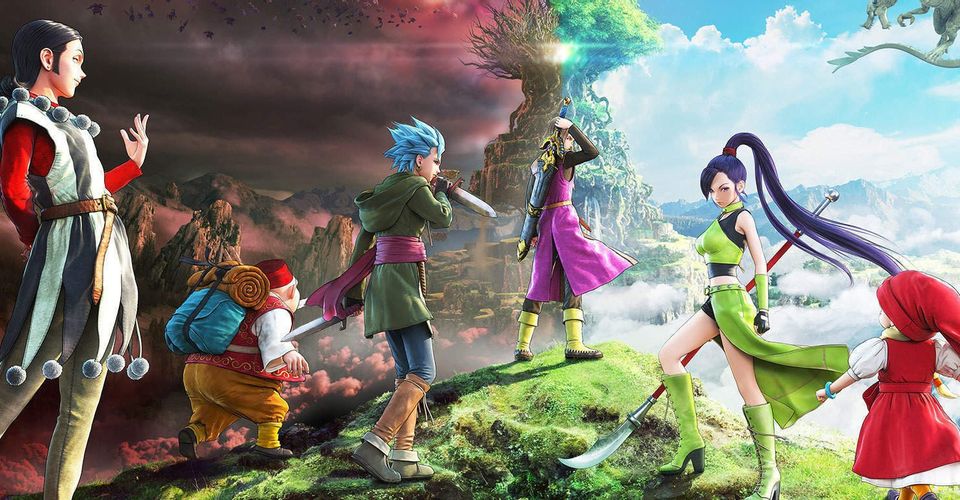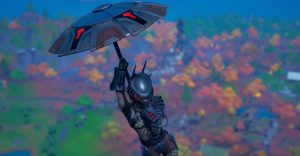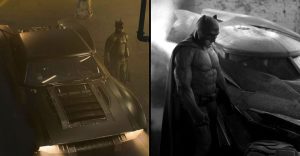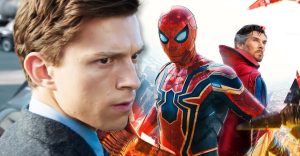Why Dragon Quest 11 Should Have Let The Luminary Die

Dragon Quest is the archetypal traditional turn-based JRPG series, and it missed an opportunity to subvert genre expectations and take the story in a bold new direction with its latest entry. Midway through Dragon Quest 11, there is a sequence where the party is about to claim the Sword of Light for the first time, but they are ambushed by the forces of Mordegon, Lord of Shadows. Mordegon snatches away the Sword and attacks the World Tree, causing it to fall and plunging the world into darkness. In DQ11 S: Definitive Edition, the next scene has players controlling Sylvando, one of the supporting party members, with the fate of the other characters – including the heroic Luminary protagonist – unknown.
Sylvando’s and the other character-specific “bonus stories” that follow the bleakest point of plot are wonderful additions to DQ11. Sylvando undertakes a quixotic quest to bring smiles back to a world clouded in darkness and hopelessness. Rab, a lecherous elderly man, embraces discipline and meditation to obtain the power needed to bring light back to the world. Eric, the pragmatic thief, battles to escape a dungeon while uncovering secrets from his past. And Jade, a martial artist and princess, fights a gauntlet of challengers in a hellish dimension. These scenes allowed the supporting characters time to shine, but they also beg the question: Did DQ11‘s Luminary protagonist really need to return?
Like all prior Dragon Quest titles, the hero of DQ11 is a silent protagonist named by the player. The Luminary is the chosen one, prophesied to battle the Lord of Shadows and restore balance to the world. A sequence where the party faces a setback, becomes scattered, then struggles to “get the band back together” is a familiar one in JRPGs; Chrono Trigger included a similar scene, where Crono dies and the party can perform a series of elaborate time hops to restore him to life. The defeat or apparent death of the chosen one, followed by their triumphant return, may provide a powerful message of hope. Others banding together to carry on the crusade and save the world without a prophecy-led hero to guide them, however, could be a more poignant story, also cleverly deconstructing JRPG tropes.
How DQ11’s Side-Characters Could Have Carried On The Hero’s Quest

The silent protagonists of Dragon Quest and many other RPG series are meant to be player inserts – the lens through which they see the game world. Most players will find they have more in common with the supporting cast, though. They might recognize something of themselves in Sylvando, who struggles to balance gaining his father’s approval with his own dream of being a Soldier of Smiles, bringing laughter and joy to a stark world. Players might empathize with Eric’s pragmatism, as he continually reminds the group to stay on task instead of being distracted by local festivals and entertainment; Eric is the in-character voice asking to skip the cutscenes and find DQ11‘s next boss.
Few players will see much of themselves in a typical silent protagonist, simply because there is less to see. These characters are typically mechanically optimal, and the Luminary of DQ11 is no exception. Beyond their roles in battle, these often-messianic figures are presented as the emotional center of an adventuring group. Allowing the protagonist to die, and stay dead, would allow the much more colorful and interesting party members to take on additional agency. They would no longer be the support crew for an agent of fate, but individuals working together to make their own futures.
Saving the world, or changing it for the better, is a bigger calling than any one person, and such causes need to live on even after their figureheads are lost. The story Dragon Quest 11 tells is still a wonderful, albeit traditional, tale of light conquering darkness, and the game is one of the best RPGs of the generation. It might be unreasonable to expect Dragon Quest, a series steeped in tradition, to execute such an extreme subversion of expectations, but there is certainly room for more stories in games where the quest goes on without a prophecy-guided hero returning to lead the group to victory.
About The Author

















